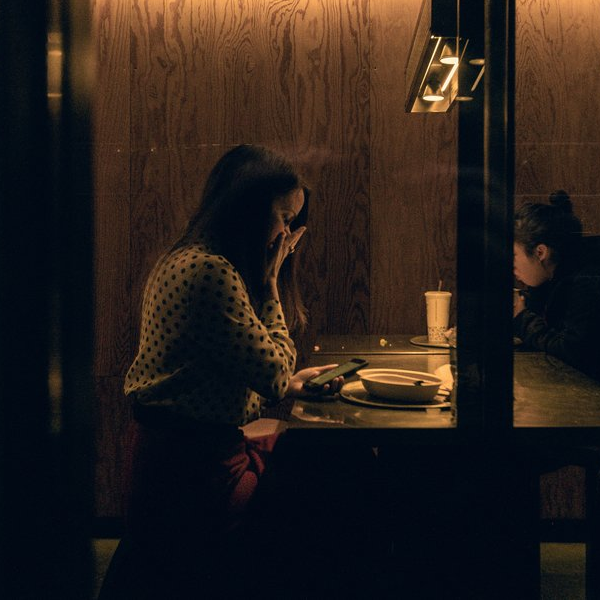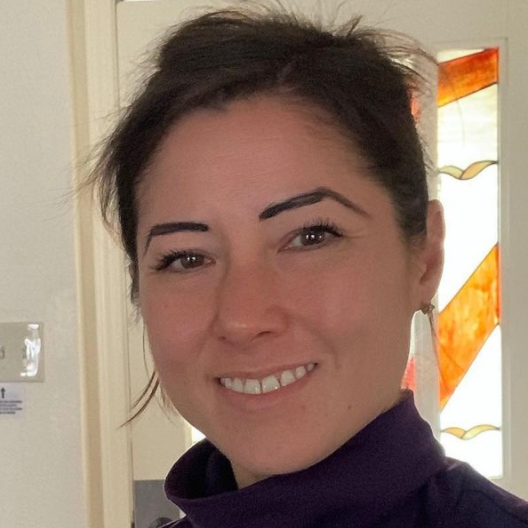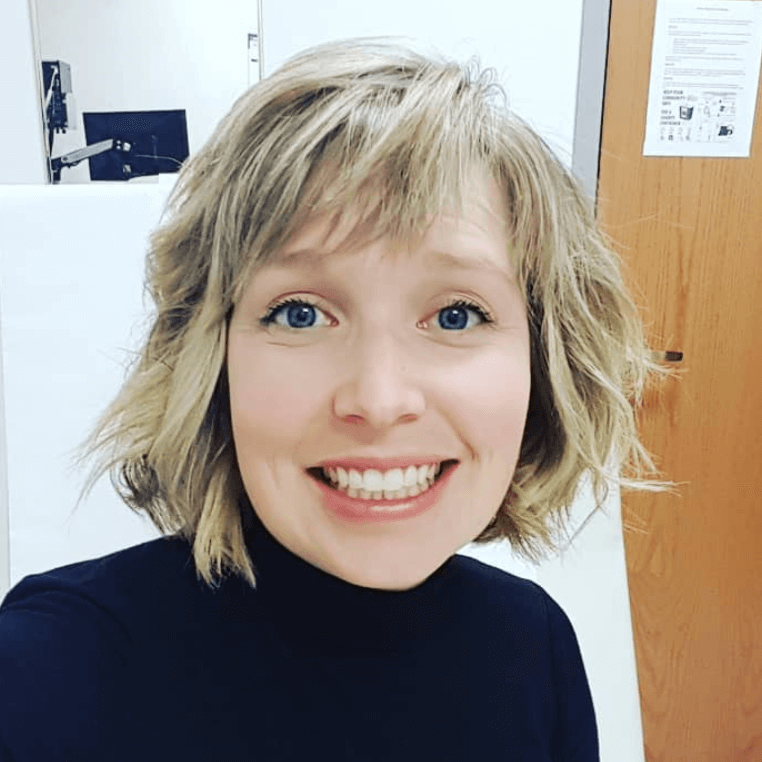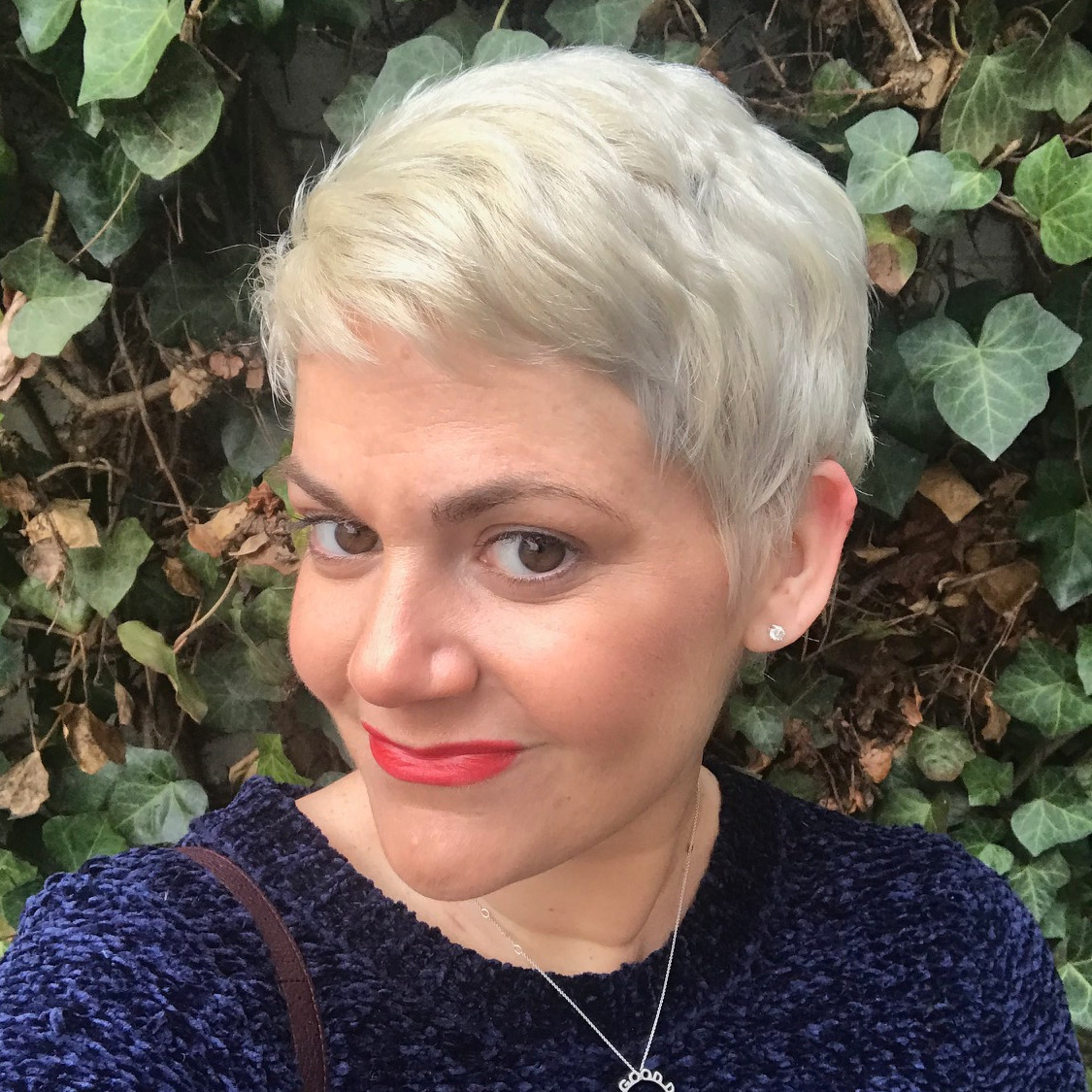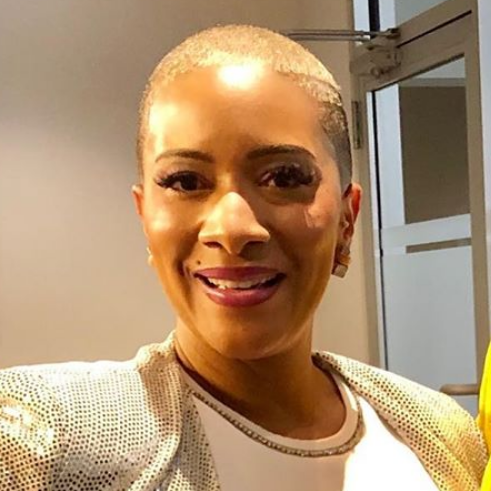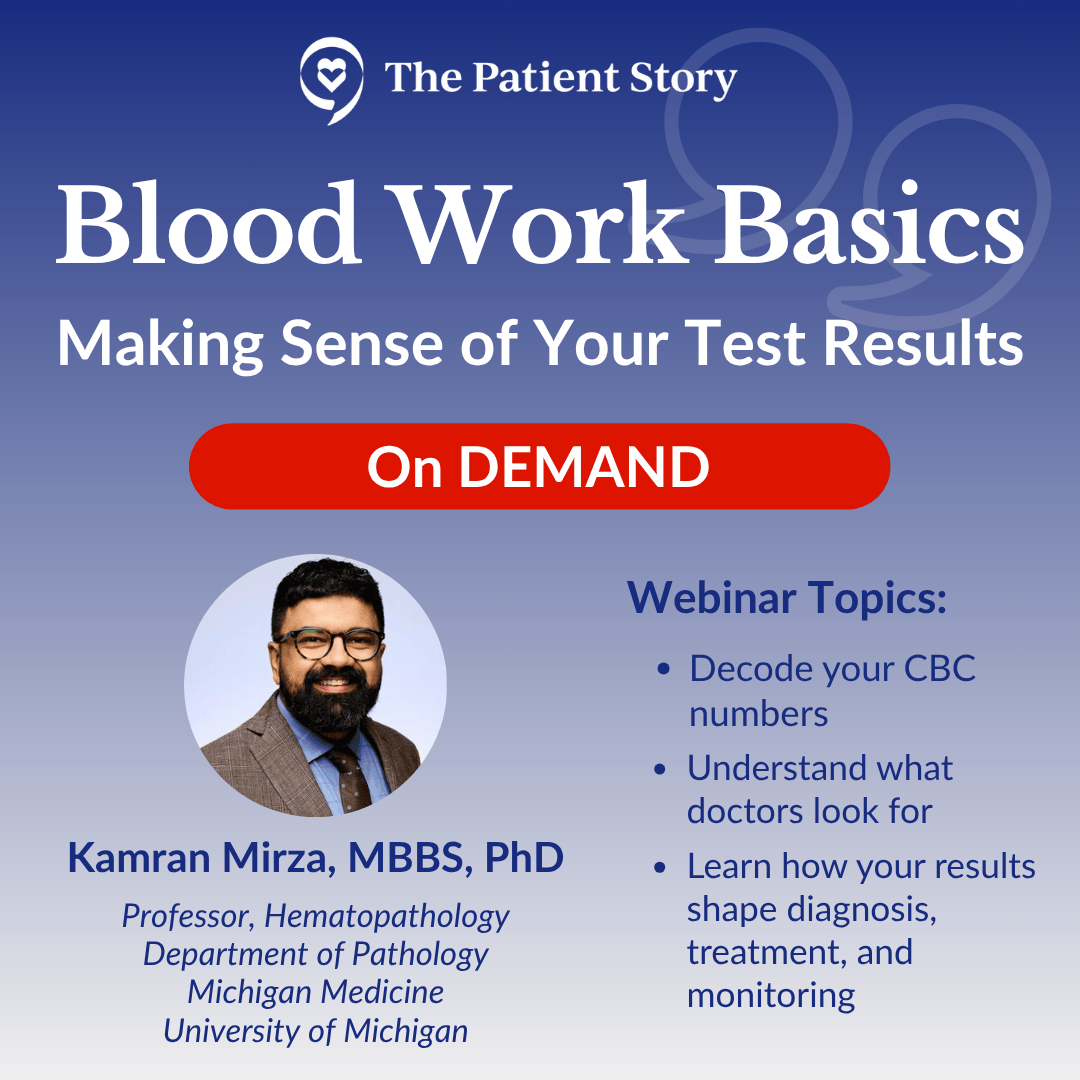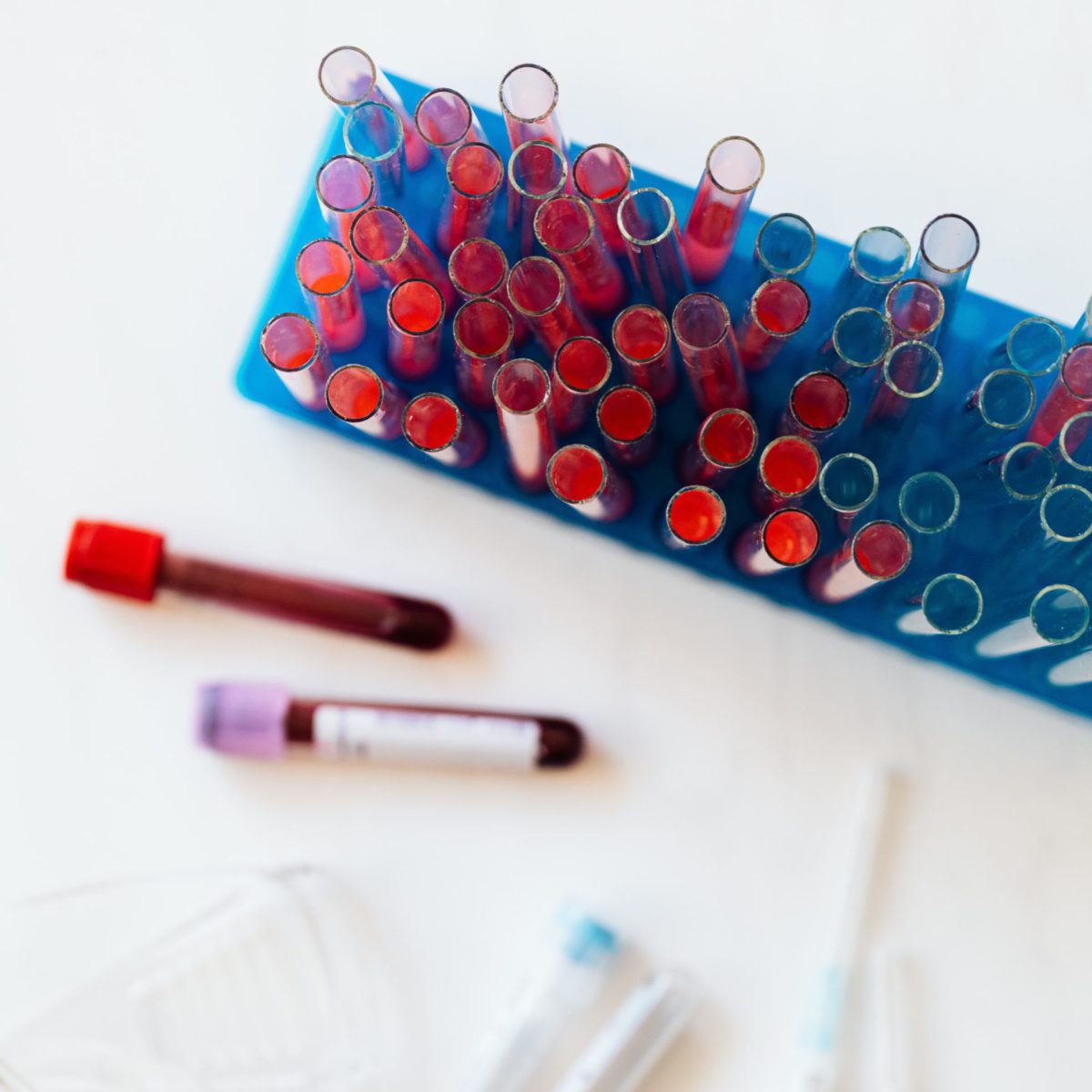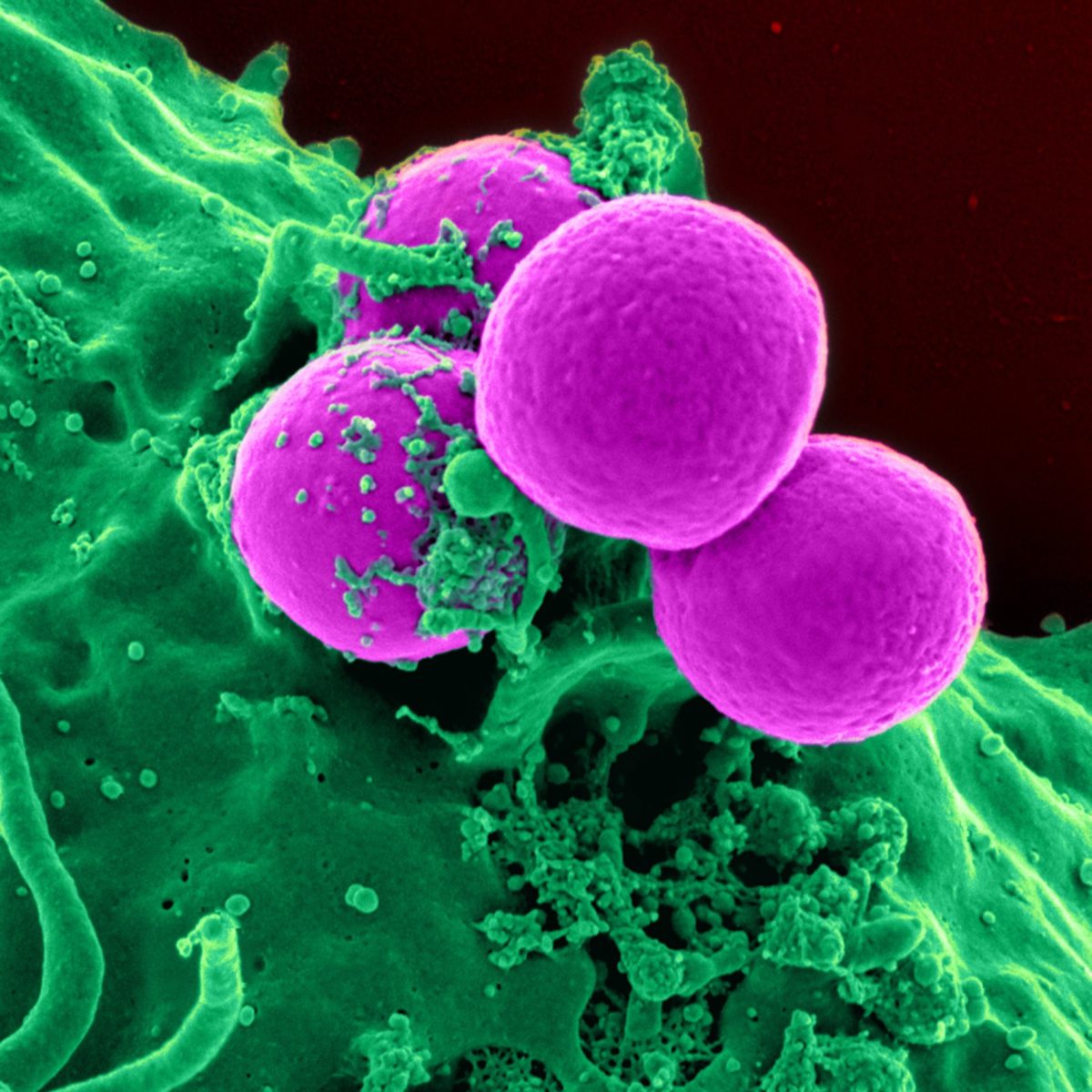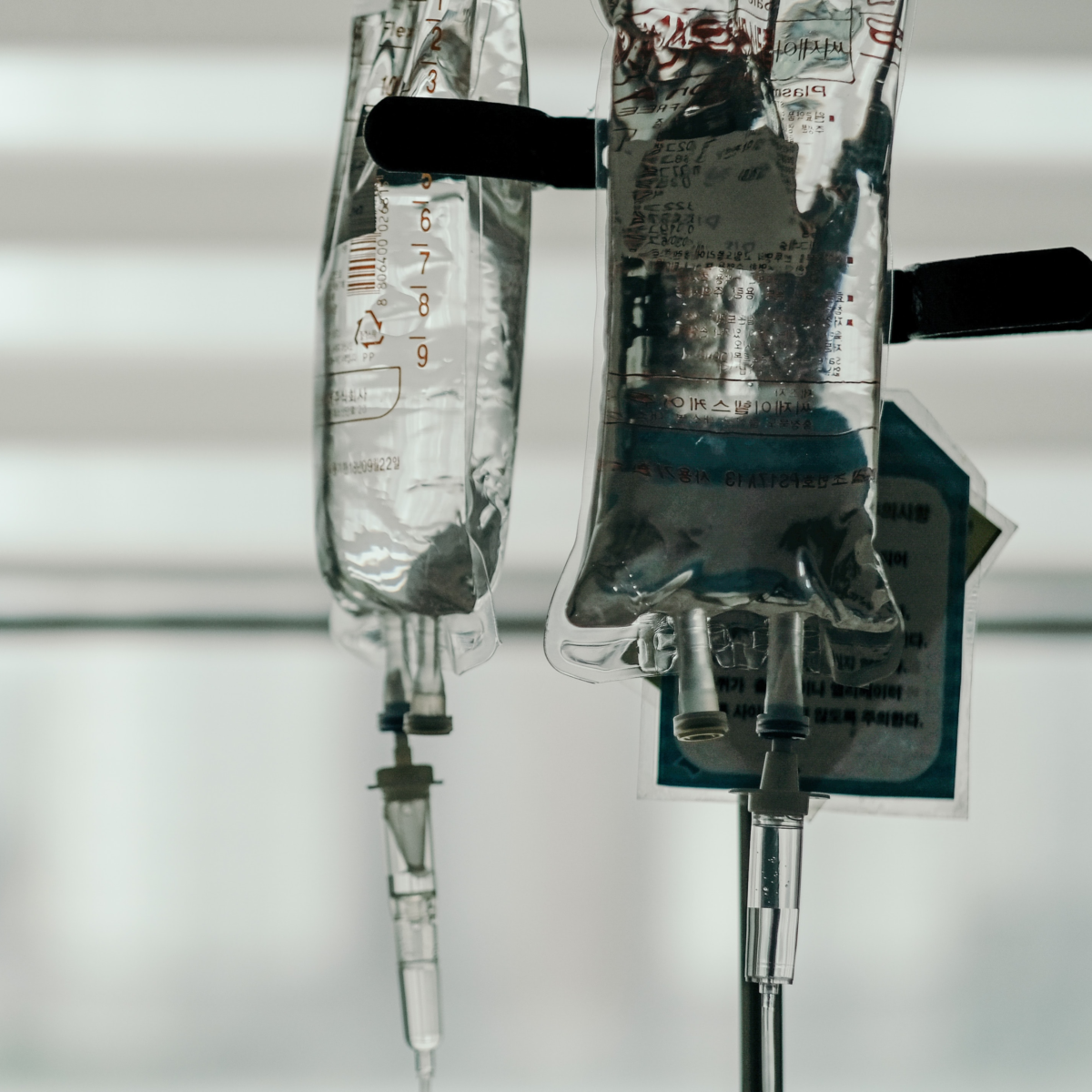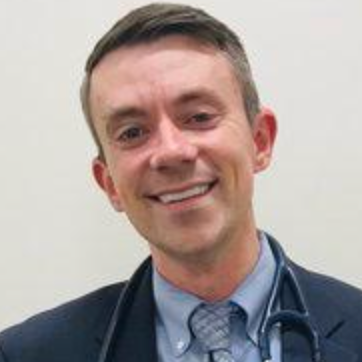Reacting to a Cancer Diagnosis
How Cancer Patients Feel in the Moment
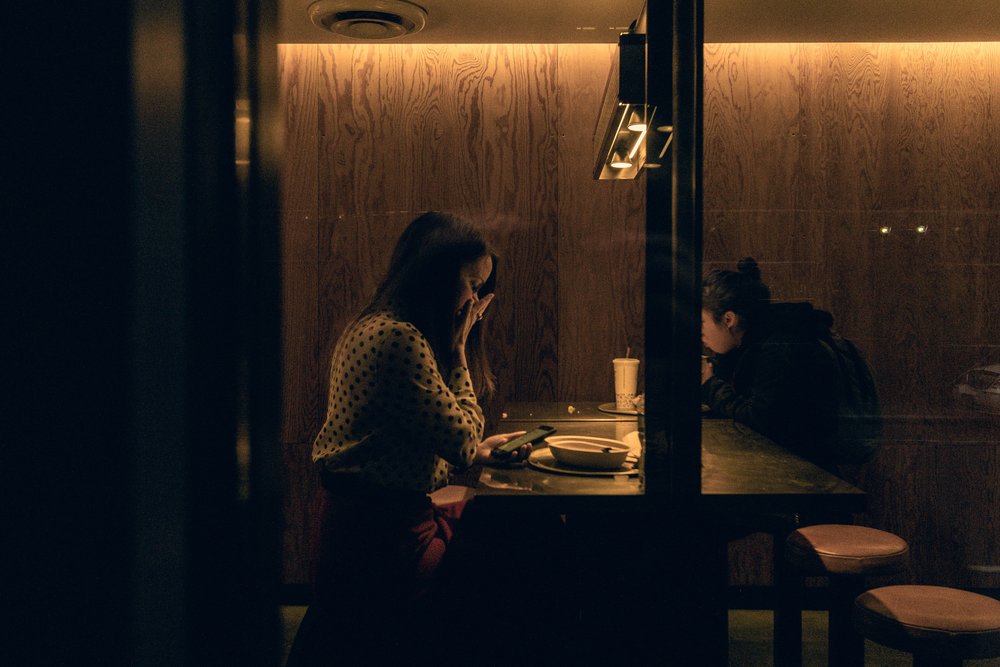
If you’ve been diagnosed with cancer, you maybe be wondering, “How am I supposed to react to this?”
Most people’s lives have unexpected bumps in the road, and we can’t always plan for everything. Knowing how you would react to something like a cancer diagnosis is practically impossible, but it might be helpful to read about real-life cancer survivors’ experiences and their own reactions. You aren’t alone – no matter what you’re feeling.
There are three common situations that may cause different types of reactions: when the diagnosis comes out of nowhere, when the diagnosis is almost expected, and when the diagnosis is a relapse.
Woven through these different possible situations are some common emotions. There is no “normal” way to react to being diagnosed with cancer – however you react is perfectly okay.
When the diagnosis is unexpected
An out-of-the-blue diagnosis can be especially difficult to accept. It’s not uncommon to experience disbelief, shock, sadness, or confusion. Shock is perhaps the most common response in this situation.
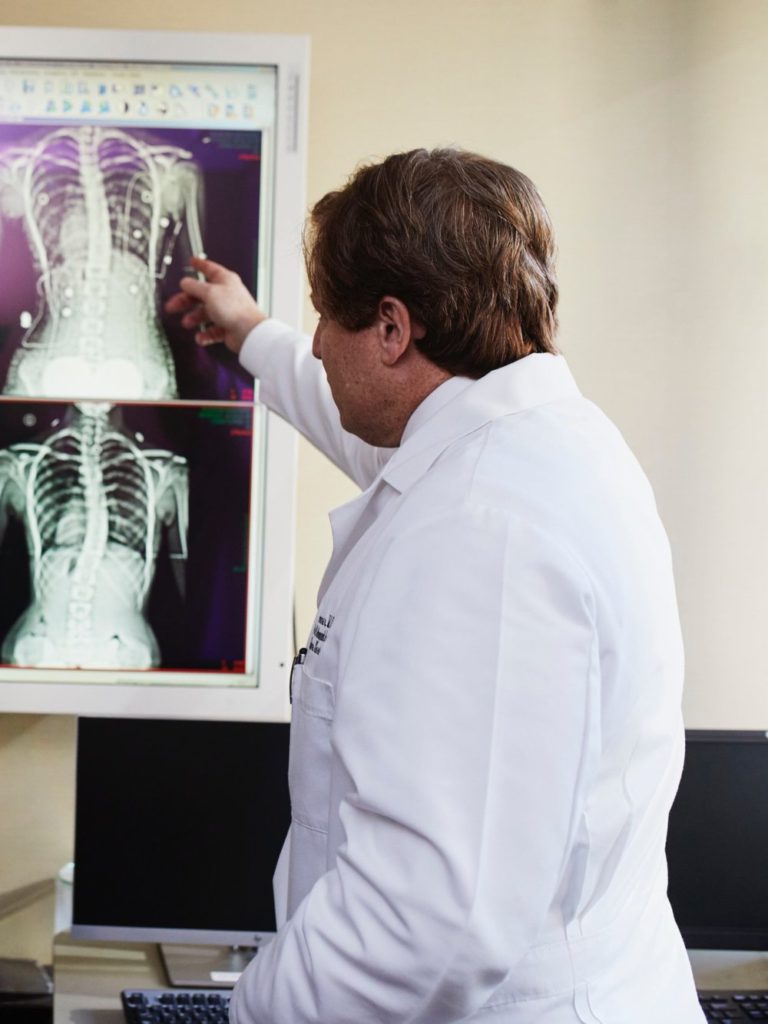
Hugo Toovey was in the Australian Army and was a fit, healthy 22-year-old man. He was diagnosed with testicular cancer in 2013. He says his family’s reaction really dictated his own.
Because I was so young and on top of that, in the Army, I thought I was invincible… I was feeling positive about it probably because I didn’t realize the severity of it.
It wasn’t until I broke it to my parents and told people that I kind of realized how serious it was. Saying, ‘I have cancer,’ and hearing other people’s reactions made me realize this was more serious than I initially thought.
Kristine Madzia is a cervical cancer survivor and business owner. She says she understands how some people might feel relieved to finally know what’s wrong with them but says she just didn’t feel that way.
I guess if you don’t feel sick and someone tells you you have cancer, it’s really hard to believe. I would assume if you had symptoms or if you found something that was bothering you, maybe it’d be a relief to know that what you felt or what you were going through had a cause, but I didn’t feel like I had anything happening.
Caitlin James was only 29 when she was diagnosed with breast cancer. She puts her feelings of disbelief into words:
I remember being in shock the whole time. My mom was crying, but I wasn’t. I was 29 and in good health. I just couldn’t believe that this was happening to me. It was an utter shock.
Natalie Wilson is a breast cancer survivor in remission, a life coach and a mother of three children. She explains how being a parent can add more layers to an already complicated situation.
Shock. Disbelief. Sadness. Scared. Worried. All those feelings that a young mom has. I have three children. My youngest was just under a year. I worried for them because this was new to me. Often times when you hear cancer, you associate it with death, so of course the tears started falling from my eyes and the worry set in.
Patrick Mulick is a husband, father of two and a non-Hodkin lymphoma survivor. He went in with a “worry when we have to mindset.” He shares how his diagnosis left him confused and in disbelief.
I went in for the follow-up with my doctor, and I wasn’t expecting anything heavy as far as news went. I had let some family members know that I was going in for this thing they were looking at, but I wasn’t going to worry about it until I had to. The doctor told me, and I remember not even knowing what lymphoma was. I thought it was a bad cold.
Casey Head was only about 30 when she was diagnosed with acute lymphoblastic leukemia. She was severely anemic at the time, and says she was out of it.
“It was so uncomfortable that I couldn’t really process what was happening. The only time I had heard the words cancer were with older people. I just wasn’t familiar. It was never a thing I thought would be a possibility, so I hadn’t given it much thought. There was more shock than anything else.”
When the diagnosis is almost expected
Sometimes, patients just know something is not right. They may not always expect to hear the exact words, “You have cancer,” but if you feel relieved by the diagnosis, know that that’s normal too.
Brittany Wagner says that her diagnosed was scary and made her feel negatively, but it was also sort of a relief.

When I finally did get my diagnosis, I was almost relieved. Not relieved, but I like just, “Uh! Okay, this all makes sense now.” I’ve always felt like in my life I’ve always been waiting for the other shoe to drop or something.
When she told me that, when my doctor told me that, sitting in that hospital room, something clicked and everything made sense in a way. Even though it was absolutely terrifying and the scariest moment of my life.
I was just completely overcome with all different types of emotion. Like I said, relief. But of course, just utter, utter sadness and fear.”
Wade Winslow is a stage 2 Hodgkin lymphoma survivor. He says he just knew.
“I noticed an enlarged lymph node. For whatever reason I immediately was like, ‘It’s cancer.’ The doctor who did my biopsy called because I hadn’t talked to an oncologist yet. He called and said, ‘Yeah, it’s cancer.’ I was like, ‘Yeah, I figured.’ I guess I was pretty fine with the diagnosis, the official diagnosis, because I had spent six months processing it beforehand.”
When the diagnosis is a relapse
Going into remission is generally a wonderful feeling for a cancer patient. It means, for the most part, they’ve won. That can make later diagnoses or relapses that much more difficult to cope with.
Hugo Toovey celebrated being five years cancer-free after being diagnosed with testicular cancer. He says the celebration didn’t last long. Two months later, he was diagnosed with an unrelated, new case of colon cancer.
I was scheduled for a routine colonoscopy. I got some unwanted all too familiar words. He told me I had bowel cancer. To find out two months after I had been five years in remission after testicular cancer was a punch to the gut.
I reached a tipping point. I thought, ‘How can I go through this again?’ I had just beaten testicular cancer, and now I was about to go through this whole new cancer I knew nothing about.
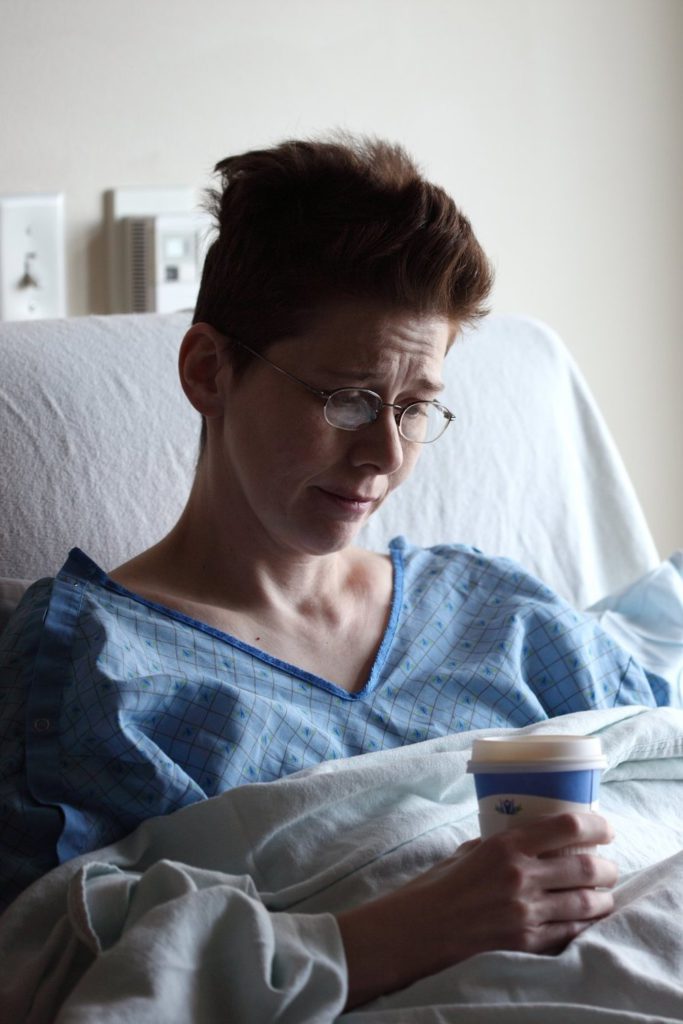
Casey Head not only beat leukemia, she beat it after relapsing twice. She shares how she reacted to her second relapse. There was a loss of hope, but then there was a decision to fight.
“I was so mentally, physically and emotionally exhausted from the process that I looked at my husband and said, ‘I don’t think I can do this again.’ I was sobbing uncontrollably and got it all out, and I looked at him again and said, ‘Okay. I’ll do this one more time, but that’s it. I can’t do it anymore.”
It’s impossible to know how you will react in any given situation until you are living in that moment. You might feel shocked, scared, relieved – you might feel numb. The important thing to remember is to take care of your emotions.
Whatever emotions you are experiencing (or not experiencing), allow them. Feel it and keep going. Many cancer survivors TPS has spoken to say processing those emotions in the moment is a really tough thing to do. How can you take care of yourself mentally and emotionally during such a stressful time?
- Seek help
- Talk to a therapist. There are even what’s called “psycho-oncologists.” They are counselors who specialize in helping cancer patients.
- Lean on a loved one for support
- Find a cancer support group
- Journal your feelings out – this is also a good way to keep track of how you’re feeling physically. It’s never a bad thing to have something you can refer back to and share with your doctor.
- Name your feelings and address them – don’t shove them out.
The Patient Stories
Wade W., Hodgkin's Lymphoma, Stage 2A
Cancer details: Diagnosed at 18 years old
1st Symptoms: Enlarged lymph nodes (around neck), diagnosed at 18 years old
Treatment: ABVD chemotherapy (2 cycles), AVD chemotherapy (4 cycles)
...
Casey H., Acute Lymphoblastic Leukemia (ALL)
Symptoms: Lump on the throat, extreme fatigue, shortness of breath, bruising easily
Treatments: Chemotherapy, immunotherapy, radiation, stem cell transplant
...
Kristine M., Adenocarcinoma Cervical Cancer, Stage 2B
Symptom: Tumor found during postpartum pap smear
Treatments: Colposcopy with endocervical curettage, cone biopsy, total abdominal radical open hysterectomy with lymph node removal
...
Brittany W., Squamous Cell Cervical Cancer, Stage 4B
Symptoms: Spotting after sex, eventual significant bleeding at random
Treatment: Chemotherapy (cisplatin) concurrent with radiation, 6 rounds adjuvant chemo, 2nd round radiation, immunotherapy trial, targeted therapy
...
Symptom: Lump in right breast
Treatments: Lumpectomy, double subcutaneous mastectomy, hormone therapy (tamoxifen)
...
Other Diagnosis Articles
Understanding Cancer Blood Tests
What is a CBC Test?
What is a CBC Test?
Learn about what a CBC test is and how the test can be used to help diagnose and monitor the progress of different types of cancer.
...
BRAF Mutations and Cancer
BRAF Mutations and Cancer
The BRAF mutation is often linked to several forms of cancer including melanoma and lung cancer. Learn about the effects of the BRAF mutation.
...
